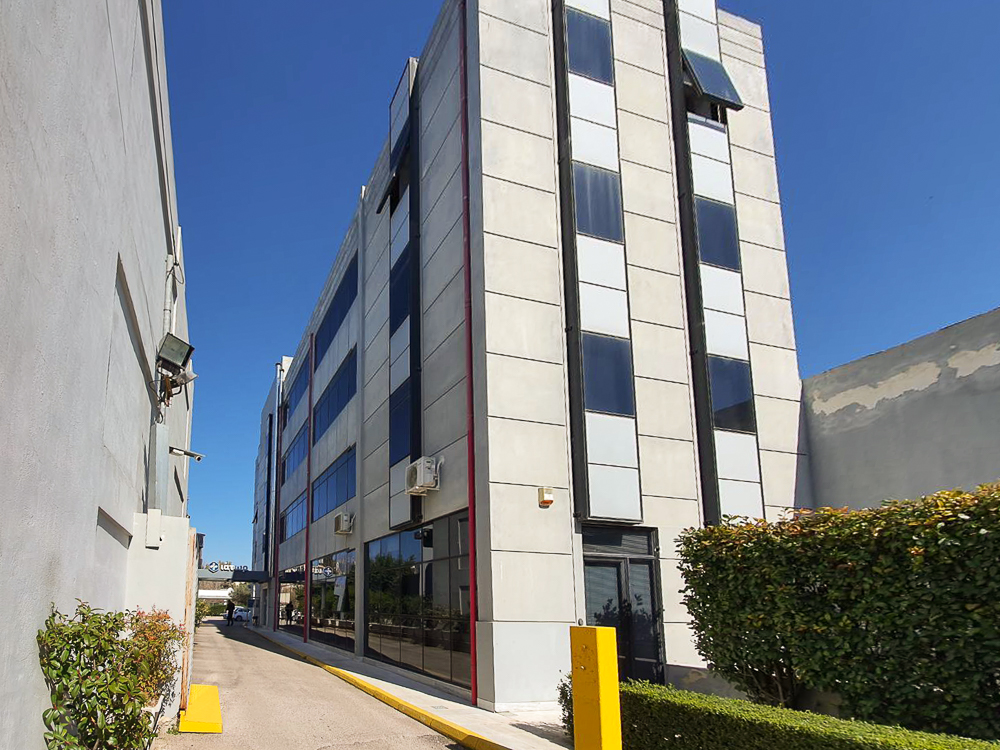The link between Irritable Bowel Syndrome and Nutrition
Irritable Bowel Syndrome has a clear nutritional etiology along with all other causes. It has been widely evidenced that IBS is more common in people following a Western diet than in people following a high-fiber, low-fat diet. While patients benefit from a combination of medical, nutritional and behavioral approaches, a nutritional shift is in most cases detrimental.
Scientific studies have shown that a combination of increased soluble fiber and controlled insoluble fiber can greatly ameliorate the symptoms of IBS.
Avoiding dairy products is another common practice, as lactose contained in dairy products is not tolerated well by many people. Actually, the majority of people around the globe are lactose intolerant and this observation agrees with a hypothesis long proposed, claiming that mammals are normally lactose intolerant.
Gluten and wheat intolerance is also a common finding in people reporting IBS. Celiac disease is actually more common among people with IBS compared to the general population. However, it needs to be emphasized that a gluten-free diet on a person without celiac disease, does not necessarily reduce symptoms of IBS.
Peppermint beverages or peppermint oil have been known to improve symptoms of IBS mainly through blocking local calcium-channels leading to a relaxation of smooth intestinal muscles. Peppermint oil has been shown also to possess antimicrobial activity and can act beneficially against small intestine bacterial overgrowth (SIBO).
Pathophysiology of Irritable Bowel Syndrome
Traditionally IBS has been considered as an umbrella term for disorders without a known structural or biochemical origin. New findings and scientific studies however, propose a number of underlying mechanisms and pathways that are implicated in IBS.
A well documented theory proposes that IBS begins in the gut. People with a genetic predisposition, or with a susceptible gut microbiome can be severely affected by infection or other environmental factors that can alter the microbiome even more and subsequently promote increased intestinal permeability. This gradual inflammation can lead to a loss of immune homeostasis. Furthermore, these changes in the microbiome can induce a gut visceral hypersensitivity ultimately leading to gastrointestinal symptoms (pain, cramping, bloating) or other more general symptoms (fatigue, anxiety).
Other proposed mechanisms implicate the metabolism of bile acid, the establishment of methanogenic bacteria after an infection and abnormalities in the pathway of stress. At this point, we need to emphasize that various factors can be implicated in the pathogenesis of IBS and patients may be affected by more than one pathways.
The conventional therapeutic approach to Irritable Bowel Syndrome
The conventional treatment of IBS is aimed mainly on symptom relief. As the symptoms among people can vary considerably, different nutritional approaches are also used.
Medications such as antispasmodics (reduce abdominal pain and cramping), bulk-forming laxatives (relieve constipation), antimotility drugs (reduce diarrhea), tricyclic antidepressants (reduce abdominal pain and cramping) are employed in order to help with IBS symptoms.
In certain cases, patients ask for psychological help in order to battle more efficiently flare-ups of IBS and the impact of the symptoms.
The modern medical approach to Irritable Bowel Syndrome
The first step towards treating Irritable Bowel Syndrome is for the patient to fill in an extensive medical history questionnaire which assesses numerous factors that may be implicated in IBS. Then your Health Specialist will address a series of targeted questions to you and take into consideration any previous medical records, to assess whether your symptoms could be indicative of Irritable Bowel Syndrome. Then your specialist may recommend a specialized blood or stool test or other molecular-level diagnostic tests to confirm the diagnosis.
Your personalized treatment plan will be based upon the diagnostic tests results, the symptoms described and your medical history overall.
This treatment plan will be accompanied by a Molecular Nutrition program that will be compiled after a distinct consultation with our Molecular Nutritionist and will aim therapeutically towards achieving even higher levels of health and well-being along with alleviating not only the symptoms but the true causes of Irritable Bowel Syndrome.








































